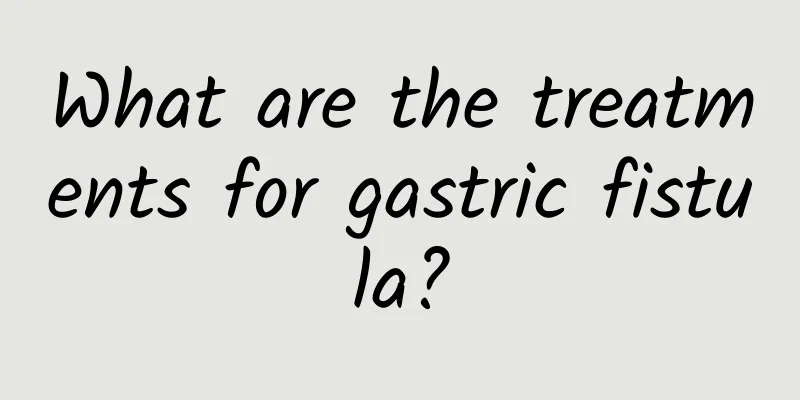Tooth extraction precautions and contraindications

|
When diseased teeth, caries, misaligned teeth, etc. appear, tooth extraction is the best choice, and tooth extraction is also an important treatment method in dentistry. After a tooth is extracted, it is often prone to bleeding, swelling, and severe pain. If you suffer from cardiovascular disease, it may even have serious consequences. We must be clear about the precautions and contraindications of tooth extraction. So, what are the precautions and contraindications for tooth extraction? Tooth extraction precautions 1. Precautions before tooth extraction Don't eat too much. Try to wait an hour after a meal before having a tooth extracted, and don't have a tooth extracted on an empty stomach. To avoid symptoms such as hypoglycemia and shock. Don't drink alcohol before having a tooth extracted, or at least not on the day of the extraction. Do not extract teeth after exercise. After exercise, blood circulation speeds up and blood pressure rises. In this case, tooth extraction is contraindicated. 2. Precautions after tooth extraction The cotton ball or gauze bitten in the mouth must be spit out after 40 minutes. After spitting it out, you can eat some ice cream, drink ice water or apply ice compress locally. Do not lick the wound with your tongue after tooth extraction, do not brush your teeth or rinse your mouth within 24 hours, and be careful to protect the wound when brushing your teeth the next day. You can eat soft or liquid food on the day of tooth extraction, but do not chew with the affected side and do not eat irritating food. Generally, the wound will heal 7 days after tooth extraction before you can chew with the extracted side. Talk less on the day of tooth extraction and try not to spit within 4 days, otherwise it will affect the healing of the wound and cause bleeding. Quit smoking and drinking, and avoid strenuous exercise. If the pain gradually worsens 2 to 3 days after tooth extraction, you need to return for a follow-up visit or contact your doctor in time. Contraindications for tooth extraction: 1. Those with severe anemia, leukemia, hemorrhagic diseases and other blood system diseases; 2. Severe hypertension, recent myocardial infarction, frequent angina attacks, heart function level III-IV, heart disease combined with hypertension, etc., tooth extraction is contraindicated or should be postponed. Generally, patients with hypertension can have their teeth extracted, but if their blood pressure is higher than 180/100 mmHg, they should be treated before having their teeth extracted. 3. Diabetic patients whose blood sugar level cannot be controlled; 4. Those with uncontrolled hyperthyroidism; 5. Patients with various acute kidney diseases should postpone tooth extraction; 6. Do not extract teeth in case of acute hepatitis; 7. Tooth extraction is not allowed during menstruation, the first three months of pregnancy and the last three months of pregnancy; 8. Whether to extract teeth during acute inflammation should be determined based on the specific situation; 9. Teeth located within the range of malignant tumors cannot be extracted individually; 10. Tooth extraction is not allowed during radiotherapy or within 3-5 years after radiotherapy. s |
<<: Contraindications of cupping therapy
>>: Treatment of shoulder joint effusion
Recommend
Mugwort Leaf Foot Soak
Today's health care includes foot soaking, an...
What is the reason for frequent bowel movements?
With the increase of life pressure and some carel...
Promotes wound healing
Bumps and bruises are inevitable in our lives, so...
What are the symptoms of facial dermatitis
Our face is not covered like other parts of the b...
Occasional heart pain
As we all know, the heart is a very important org...
What can I eat to lower my ESR?
The health of the blood can have a great impact o...
What can I eat after having my teeth pulled?
You must pay attention to your diet after tooth e...
Baby facial eczema
It is quite common for babies to have eczema. Thi...
How long does it take for oral lichen planus to heal?
Oral planus is a common skin disease, most of whi...
Symptoms of allergic rhinitis
When we know that we may have symptoms of allergi...
Small red spots on chest
With the arrival of summer, various mosquitoes an...
Why is one eye red?
In the eyes of many people, red eyes may be conju...
Neck, shoulder, waist and leg pain has been with you for decades, white wine can solve it twice
Mugwort is also called: Artemisia argyi, moxibust...
The efficacy of scorpion and wolfberry wine
The main ingredient of scorpion wine is scorpion,...
Pain in the soles of my feet when I get up in the morning
Foot pain is a very common phenomenon, usually ca...









